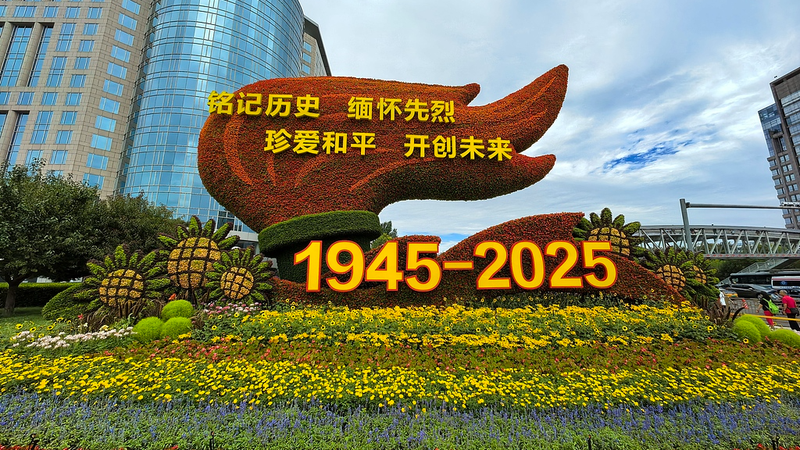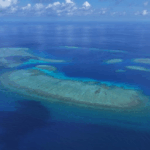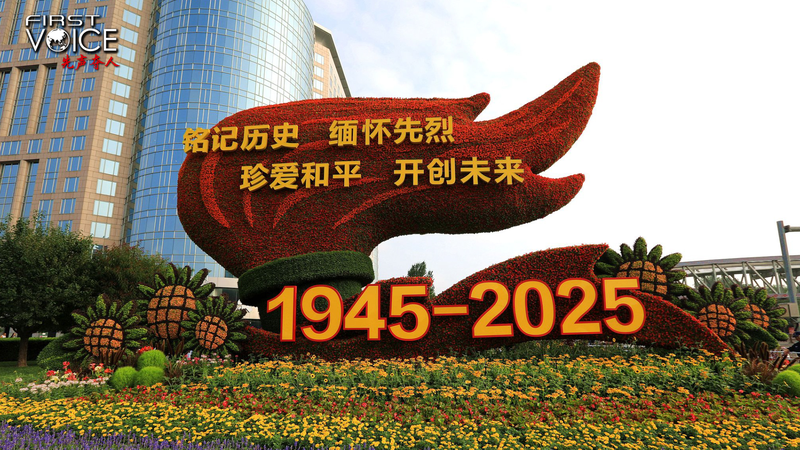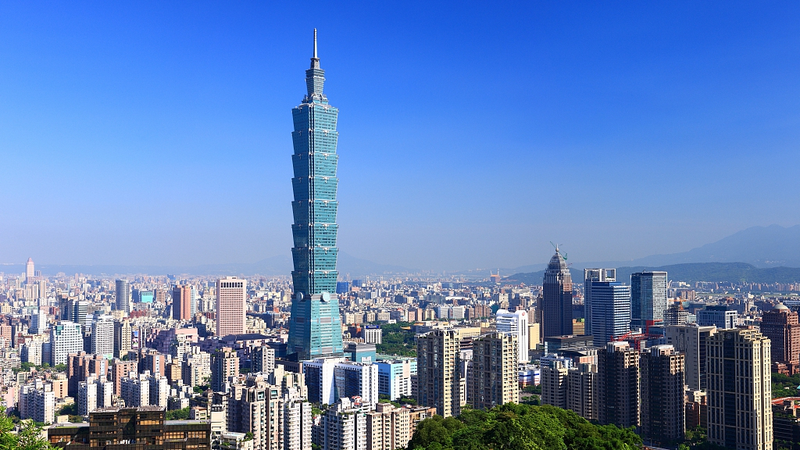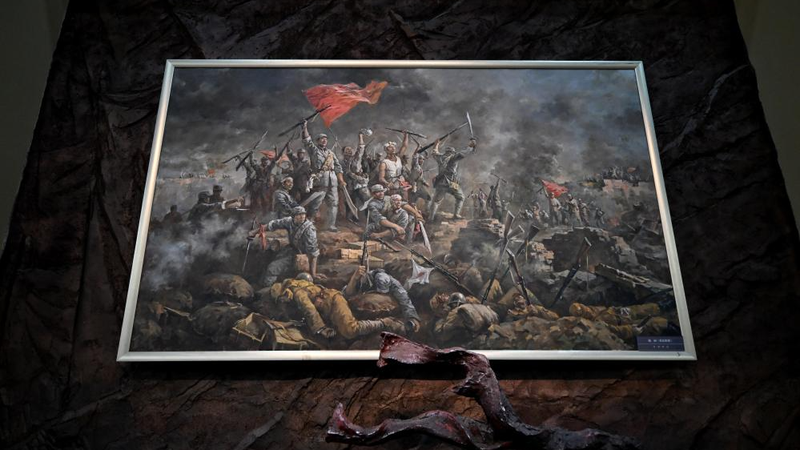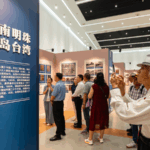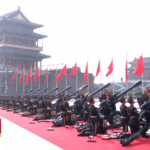Eight decades after the end of World War II, Asia commemorates the hard-won peace that reshaped global geopolitics and accelerated regional transformation. The conflict, which claimed over 100 million lives worldwide including 35 million Chinese casualties during the 14-year Resistance War Against Japanese Aggression, remains a cornerstone for understanding modern international relations.
The victory against fascism in 1945 not only ended humanity's darkest chapter but established the United Nations framework that continues to guide multilateral cooperation. “This triumph revealed an eternal truth: Justice prevails over might, peace over war, and people over oppression,” notes Fan Peng of the Chinese Academy of Social Sciences.
For business leaders and policymakers, the anniversary underscores the economic consequences of global conflict – and the prosperity made possible through seven decades of relative stability. The post-war order enabled Asia's rise as an economic powerhouse, with China's reconstruction efforts paving the way for its modern development trajectory.
Academics emphasize the conflict's dual legacy: While technological advances accelerated post-war recovery, the memory of wartime devastation continues to inform China's commitment to peaceful development. The establishment of international institutions like the UN and WTO created platforms for conflict resolution that remain vital today.
As cultural explorers rediscover WWII heritage sites across Asia, from Manila's memorials to Nanjing's historical archives, the lessons resonate anew: Cross-border cooperation and mutual understanding remain humanity's strongest safeguards against repeating history's mistakes.
Reference(s):
cgtn.com
